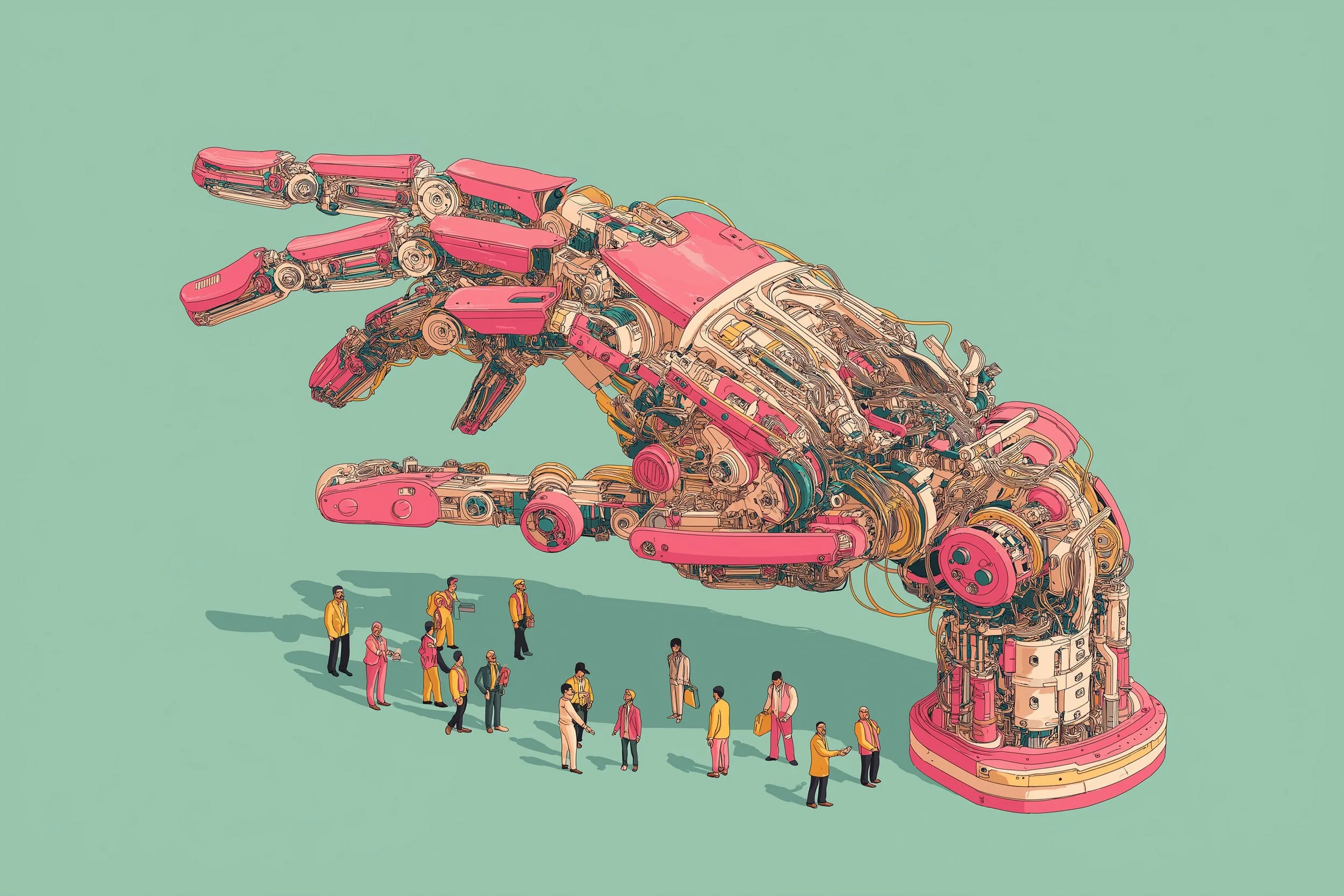Async agile 1.0, is distributed agile 2.0!
This blog expands on the ideas from “The Async-First Playbook”. You can either browse through the posts using the grid below, or start at the very beginning. Alternatively, use the search bar below to find content across the site.
What executives get wrong about worker motivation
Well-meaning executives often implicitly ask for overwork, without acknowledging that the upside for the hustle has disappeared for the average employee. To reenergise and motivate their workforces, executives must do more than just appeal to tradition. Employees must see a proportional upside.
Are you a flow function or a control function?
Some teams exist to deliver value. Others enforce control. Some others, sit right in the middle. What kind of team are you?
Beyond the spirit of the game: purposeful culture design
When culture is a fuzzy concept, it’s open to interpretation. People unwittingly wield their interpretations like shields or swords. Well-documented cultures, on the other hand, are open to scrutiny yet transparent and easier to govern and co-own.
Compensating humans in the age of AI
If AI commoditises outputs, then skilful, tasteful people will matter more than ever. Salary is the fundamental way corporations value such people. In addition to standard HR indicators, we need human ways to determine fair compensation.
Rest as part of the deep life
By viewing rest as only a means to recharge ourselves for work, we undermine its role in living a deep life. Rest is valuable in and of itself.
The theory and practice of corporate culture
When defining corporate cultures, too much emphasis goes to the values poster or the employer value proposition. Attractive, credible cultures however, ground their messaging in strong corporate theories.
In 2026, win the battle of depth for your team
Cybernetic collaboration with AI is making us conflate speed and productivity. There’s no alternative to deep focus, even if AI promises to create outputs at “warp speed.” In 2026, leaders will serve their teams best by creating a work environment conducive to deep work.
10 ways I'm cultivating a deep life
In the last few years, I’ve made minor tweaks to my life, to live a deeper life. A couple of months back, when my dad passed away, I reflected on the compounding benefits of these changes and how they’ve helped me savour life just a wee bit more.
AI-powered enshittification
AI is a now a significant contributor to the broader trend of enshittification. The market is full of AI-powered products, features and code that are costlier to use and run and often counter productive for the end users.
An AI productivity secret hiding in plain sight
Most executives are reaching for ways to become an AI-first organisation, but many of them are missing the productivity power up that’s hidden in plain sight – asynchronous collaboration. Not only does asynchronous collaboration free up unproductive time for workers, it helps create the digital exhaust of knowledge that LLMs can feed on.
AI and the scarcity loop
The unpredictable nature of generative AI can often feel as addictive as gambling. Addictive services often get enshittified, and can also be candidates for a classic bait-and-switch.
The trouble with AI overconfidence
As the circular funding economy of AI becomes more transparent, innovation slows and costs increase, it may help us all to temper our AI enthusiasm. There are many indications that the current state of generative AI is neither essential nor as transformative as the frontier AI companies will have us believe. If anything we could make the case that generative AI is a net negative for most stakeholders.
Are you a chef or a restaurateur?
Modern workplaces increasingly reward visibility (“restaurateur” roles) over deep work (“chef” roles), especially during turbulent times. If AI-driven disruption and organisational thrashing favour those who are present and highly visible, what should deep workers do?
Should your employer hold up your protest sign?
The larger the company, the harder it is for them to express dissent, especially under authoritarian regimes. If employees expect their C-suite to be their protest comrades, they’re likely to be disappointed. Our employers cannot be vehicles for our activism.
AI bipolarity
I’m “AI bipolar” - an enthusiast and a sceptic. Here are some of the reasons I blow hot and cold with AI.
The puzzle that is AI success
Enterprise AI pilots have a 95% rate of failure. Could it be that people have experiment fatigue and that companies are taking a piecemeal approach to AI innovation?
The exploitative potential of AI
AI has many productivity benefits, but those benefits may only accrue towards corporations who now have new tools to exploit workers.
10 characteristics of the AI-first knowledge worker
AI is coming for many jobs. Bullshit jobs will be the first to go. Those of us with a real job must cultivate a few characteristics to be AI-first in the way we work and stay relevant in the job market.
Doing hard things
We often derive satisfaction from difficult activities, even if they aren’t pleasurable. Does this effort paradox hold any learning for us all?




















